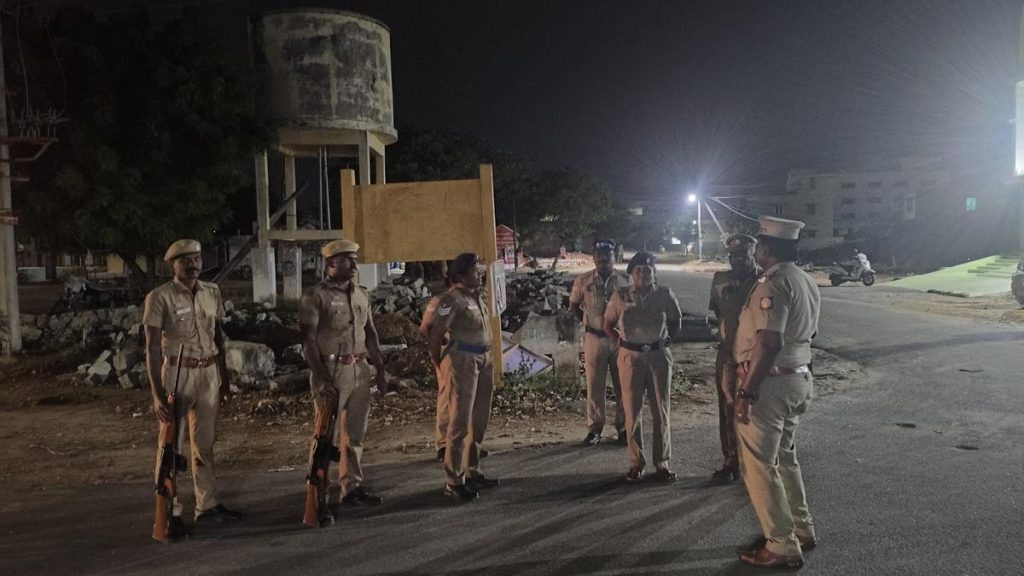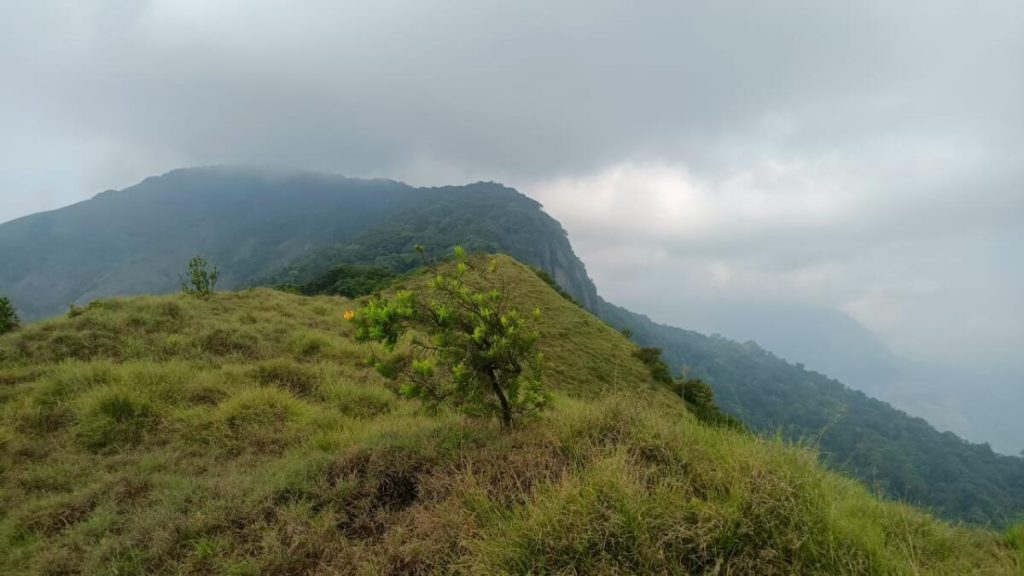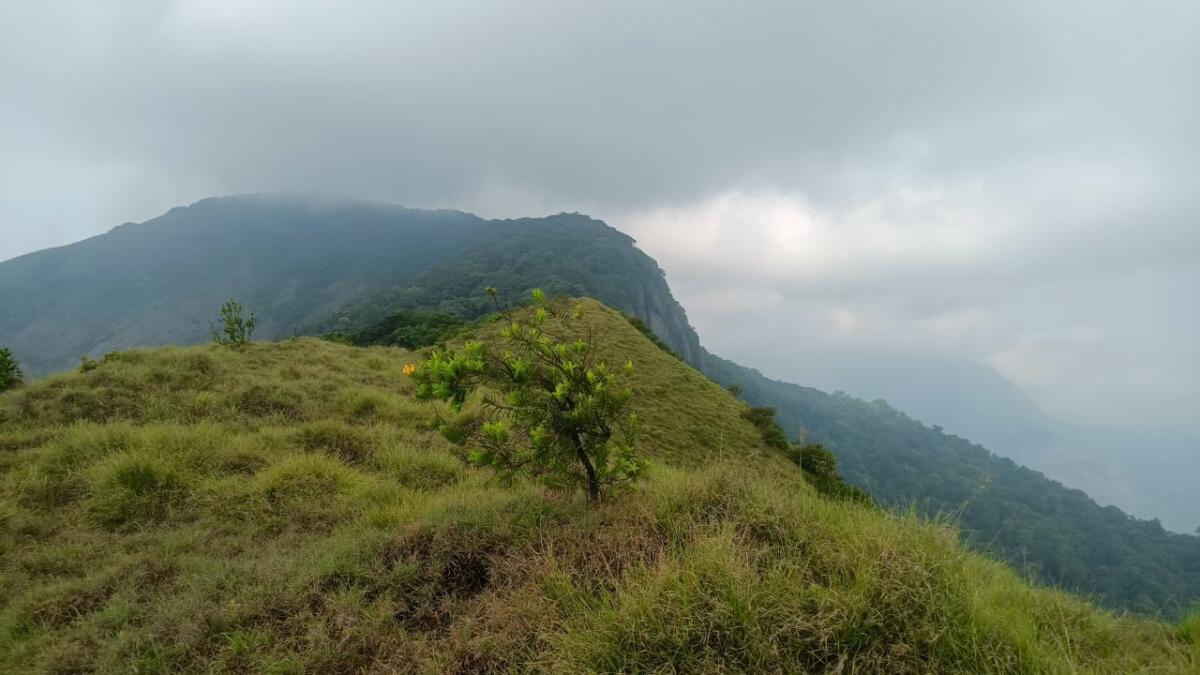Now Reading: Regional Rivals Called to Unite Ahead of Bodoland Polls in Assam
-
01
Regional Rivals Called to Unite Ahead of Bodoland Polls in Assam
Regional Rivals Called to Unite Ahead of Bodoland Polls in Assam

Quick Summary
- the Bharatiya Janata Party (BJP) aims to dominate the Bodoland territorial Region (BTR) by contesting all 40 seats in the upcoming Bodoland Territorial Council (BTC) elections, likely to be held in September.
- The BTC governs five districts in western and north-central Assam and is home to the Bodo ethnic group.
- regional parties, United people’s Party Liberal (UPPL) and Bodoland people’s Front (BPF), may join forces following calls from influential Bodo organizations like ABSU, Bodo Sahitya Sabha, and groups linked to former extremist factions.
- ABSU president Dipen Boro stated that unification is necessary for preventing violence in the region. A formal letter has been sent to UPPL leader Pramod Boro and his BPF counterpart Hagrama Mohilary, with a response expected by august 12.
- Chief Minister Himanta Biswa Sarma supports a UPPL-BPF alliance but emphasized BJP’s readiness to go it alone while highlighting its role in fostering peace within the region.
- In 2020 BTC polls:
– the BPF emerged as the largest party with 17 seats, followed by UPPL with 12, BJP with nine.- Subsequent defections increased UPPL’s tally to 15 and BJP’s tally to 14 seats.
- Simultaneously occurring, BJP ally Asom Gana Parishad (AGP) plans autonomous participation in BTC elections citing internal agreements.
Indian Opinion Analysis
The potential alliance between regional rivals UPPL and BPF reflects an acknowledgment of grassroots demands for unity among influential voices within the politically sensitive Bodoland Territorial Region. If realized, such an alliance could challenge BJP’s expansionary ambitions while aligning interests of local stakeholders who have historically prioritized stability over external political dominance.
For BJP, its all-out contest strategy indicates growing aspirations beyond being a coalition partner. However, such moves might strain relationships within existing alliances like AGP depending on post-election dynamics. Importantly, any realignment or electoral outcome will directly impact policies affecting tribal autonomy under India’s Sixth Schedule framework-making these elections consequential for governance models across similar councils nationwide.























